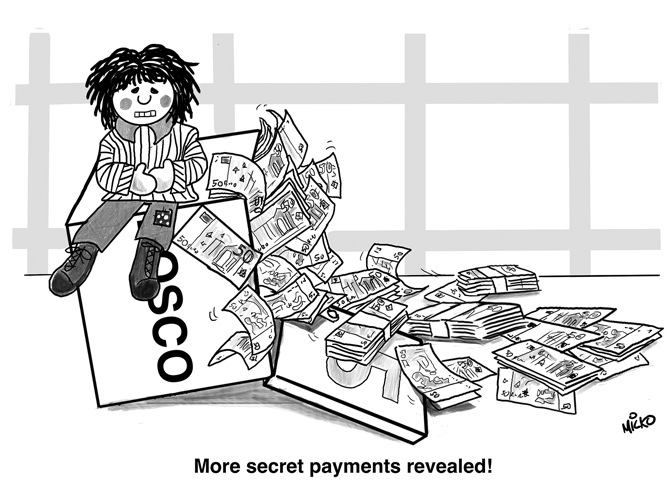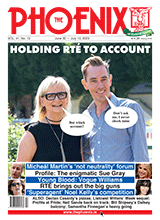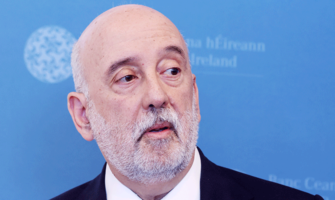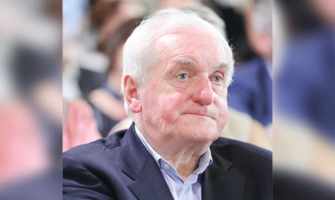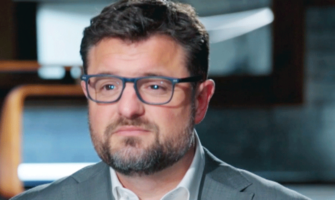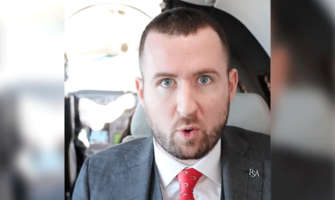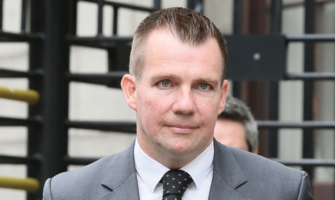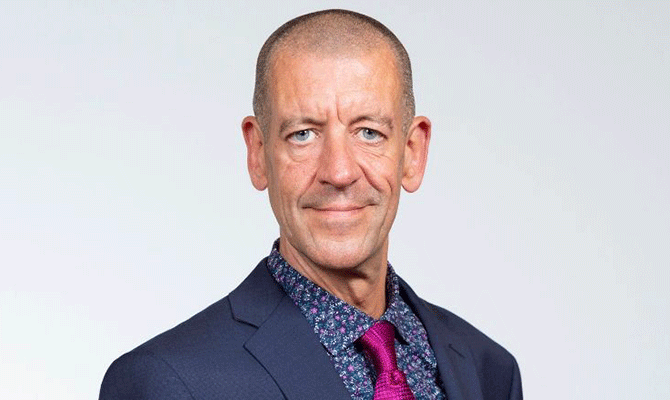
Diarmaid Ferriter
AFTER SEVERAL days of semi-hysterical reaction from Irish Times hacks to President Michael D Higgins calling out Micheál Martin’s forum on security for what it is – an attempt to undermine public support for neutrality – cracks began to appear in the paper’s usual militarist front.
The first part of the week saw political editor Pat Leahy and security correspondent Conor Gallagher, among others, rally around Martin’s forum. But these were faint hearts compared to the first commentator mobilised by the IT, Fr Séamus Murphy SJ, whose previous IT offering on the subject denounced “Irish neutrality [as] morally degenerate”.
The newspaper’s attack dogs exulted in Higgins’s apology to forum chair Dame Richardson (or prof, as they prefer to call her) and extolled her “formidable” talents. Leahy was like Tom Cruise in an F-16 fighter jet and he wrote under the headline, “Did President Michael D Higgins cross a line with his neutrality remarks? You bet. He did”. He argued that Higgins was entitled to criticise government policy on matters such as austerity because it could be argued that this was a general European approach, but he could not do so on neutrality. Really? Not European enough?
Visiting IT professor Gerard Howlin said Higgins had created a “state of exception for himself” with his remarks and was engaged in “street corner politics”.
Leahy and Gallagher combined on Wednesday, June 21, to warn of a dark reaction to the president’s initiative as it had caused consternation among EU diplomats in Dublin. Furthermore, they reported, Government officials had warned of “attempts by foreign states to spread disinformation” about the security forum. Dear me.
Gallagher wrote again the next day about how the emphasis on neutrality and Nato had been exaggerated by the forum’s critics.
At this point, two more considered IT heads began to row back on the newspaper’s Kitchener-type editorial line of recent years and editor Ruadhán Mac Cormaic wrote an editorial that criticised Higgins for contradicting Government policy. However, in flat contradiction of almost everything his journalists had stated that week, he also said that the forum was “the latest in what seems like a series of steps towards changing the long-standing policy on neutrality”.
Next day, the IT had to report that its highly regarded and shrewd history commentator, Diarmaid Ferriter, had declined to speak at the forum as it was not broad enough. Ferriter even supported the president’s criticism of Richardson chairing the forum given her British empire title and its relevance to the discussion. Later in the week Ferriter gave full expression to his view that “an assertive presidency is worth a little controversy”.
Saturday saw the paper allow human rights professor Ray Murphy debate the issues with Prof Andrew Cottey, a stern critic of neutrality.
Meanwhile, Leahy returned to strafe the Áras in a rather personalised piece about the president’s age, declining energy and a “legacy [that] is weighing on his mind… as the clock ticks down on his presidency”.
Enter Fintan O’Toole, in something of an anti-climax, on Saturday when he trotted out the usually noted failings in Ireland’s efforts to be consistently neutral down the decades – in churlish comments that ignore a worthwhile foreign policy tradition – before arguing that we should rule out joining any military alliance, if only because the electorate would not wear it. He even remarked that Higgins was in line with public opinion as reported the week before in an Irish Times poll showing a clear majority favoured neutrality. Not once in the reams of paper attacking Higgins that week had the newspaper’s own poll been mentioned until then – for obvious reasons.
